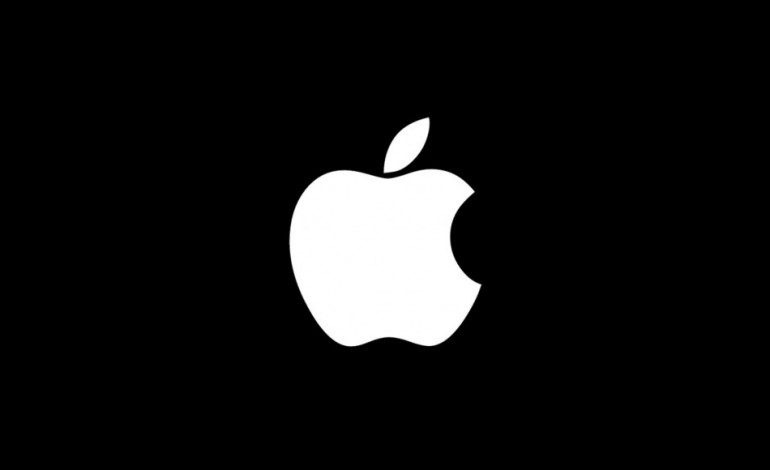

As mobile gaming has grown more popular among children over the years, parents’ concerns for their children’s privacy have increased at a similar rate. One of the scarier parts of living in a digital world is the vulnerability of personal information, as companies—and more malicious parties—can track users’ data.
Tech giant Apple announced earlier this summer that they planned to tackle this issue specifically in games and other apps catered to kids in the App Store. They originally intended to roll out new rules for app developers next month that would include banning the use of external analytics software and restricting advertisements in kids’ apps; Apple has now delayed their plans to allow developers more time to adjust, following developers’ concerns with the new system.
One such developer, Gerald Youngblood, creator of Tankee, a kid-friendly app for streaming gaming videos, is worried Apple’s new system will greatly limit his ability to use advertisements in his app. Tankee is currently free on the App Store because of the money it makes from advertisements, so if these advertisements are limited or completely banned, the app may no longer be free. Youngblood asserted that Tankee was “built with privacy as a foundation” so it’s not fair to lump it in with other kids’ apps causing the problems Apple’s trying to combat.
Apple is determined to continue moving forward with this change to address parents’ concerns, according to Phil Schiller, senior vice president of worldwide marketing for Apple. While there is a delay, Apple isn’t “backing off this important issue, but…working to help developers get there,” according to Apple spokesman Fred Sainz. Overall, Sainz believes the changes have “widespread support” because they are trying to “protect kids.”
Though this is a common enough issue among kids apps to push Apple to enforce more rules, Apple hasn’t specified how many kids’ apps are actually collecting personally identifiable data on kids. In the past, they would contact developers directly to tell them to remove inappropriate advertisements, but it wasn’t enough.
Critics believe this will ultimately hinder the kids’ games on the App Store rather than help them, as Apple plans to ban most, if not all, external tracking and advertising in these apps. Some companies are already expecting to face issues under the new guidelines. Clark Stacey, chief executive of WildWorks, is concerned the anti-third-party analytics software rules will greatly impact his company’s apps, which include Animal Jam and Amazing Animals. Tag With Ryan, another WildWorks game, is facing the same predicament as streaming service Tankee: it is supported almost entirely by in-game advertisements. “If that monetization model is removed,” Stacey said, “I don’t know how long [Tag With Ryan] would be able to continue.”
Apple’s decision comes months after the news of Apple Arcade, an upcoming game subscription service hosted by the company. When it was first announced, Apple asserted that Apple Arcade games won’t track or collect any data or information about their players unless they consent to data collection themselves. For games catered specifically to minors, Apple is taking a much harder stance.
Play games, take surveys and take advantage of special offers to help support mxdwn. Every dollar helps keep the content you love coming every single day.
